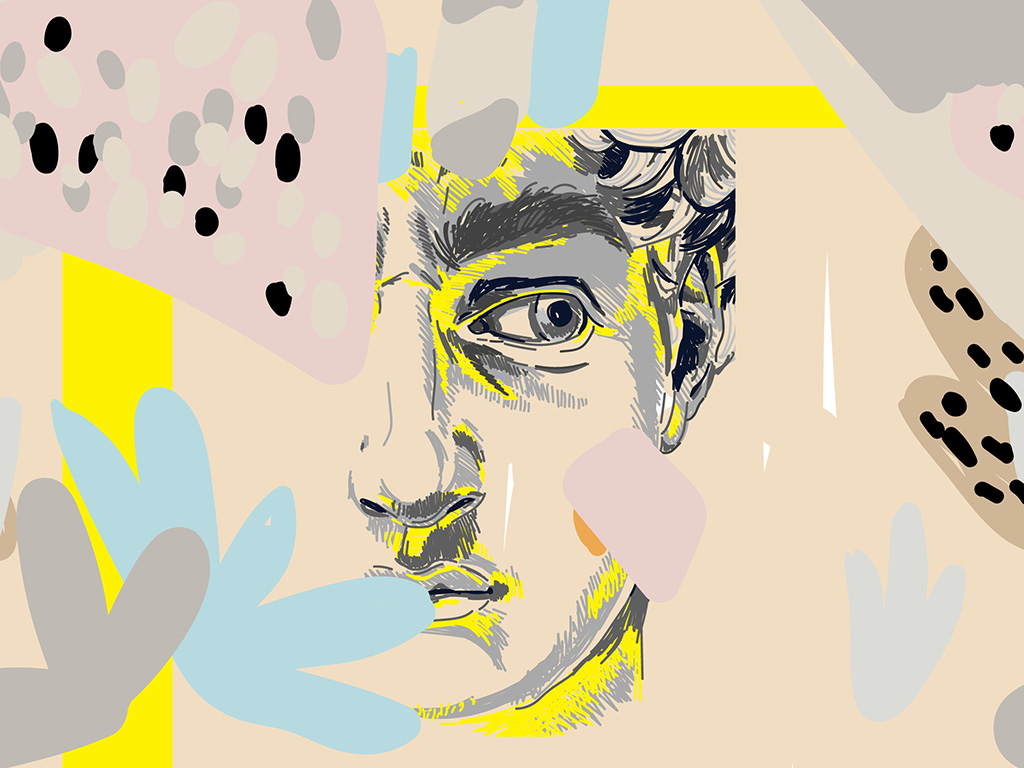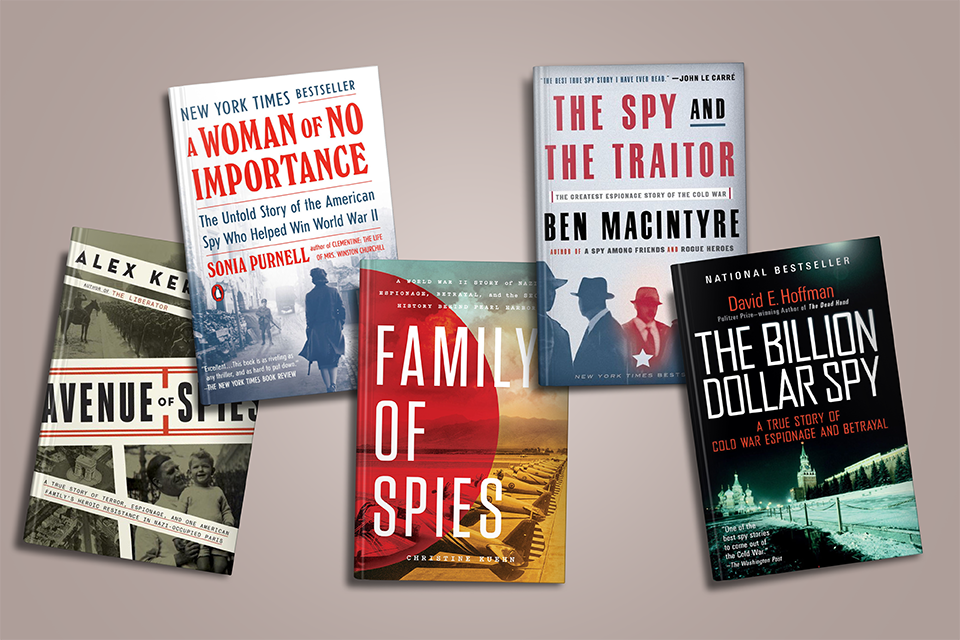Greek myths and their ancient lessons in humanity continue to serve as inspiration for current and recent bestselling novelists.By Jessica DukesNearly every genre of Western literature can trace its roots to Greek mythology — and the epic poems that bring the gods to life. The timeless lessons of the ancients are always being reinvented, alive and well in current and recent bestsellers. Want some mythology on your to-read list but don’t have time to read Homer? Try one of these novels instead.The Silent Patient by Alex Michaelides
Alicia Berenson has what seems like a perfect life. When she shoots her husband and then goes silent, refusing to cooperate with investigators, the search for the truth is acquired by Theo Faber, a criminal psychologist. Berenson is inspired by Alcestis, a Euripides play about a woman who cannot speak after sacrificing herself for her husband and coming back from the dead. As far as marital drama and psychological thrillers go, The Silent Patient’s roots run deep.The Penelopiad by Margaret Atwood
In The Odyssey, Odysseus leaves his wife, Penelope, to fight the Trojan War. He gets lost at sea on the way home, battling mortals and immortals along the way, cementing his status as an epic hero. Now, Atwood fills in the blanks of Penelope’s story. Left on Ithaca with an infant son, Penelope holds her own against opportunistic suitors and controls the kingdom with the help of her 12 maids … which Odysseus mistakenly has killed upon his return.Weight by Jeanette Winterson
Winterson grapples with the psychology involved in carrying the literal weight of the world on our shoulders. Atlas (a Titan) is sentenced by Zeus to hold the cosmos for eternity, after losing a decade-long battle to the Olympian gods. Atlas accepts Heracles’ offer to take the burden in exchange for helping him get Hesperides’ golden apples. In the end, Atlas is tricked into his eternal cargo nonetheless. Winterson’s version is a study in modern expectations and understanding your limits.The Secret History by Donna Tartt
An intimate group of Classics students at a small Vermont university take their cues from Apollo and Dionysus when logic and reason give way to hedonism and risky, anti-social behavior. Told in retrospect, the students’ fateful decision to protect one of their own has terrible consequences. As they’re gripped by fear, their reactions escalate to the irrational, even evil acts that will be the undoing of all of their lives.Circe by Madeline Miller
Daughter of Helios, the Titan sun god, Circe would rather spend her time among mortals, despite having extraordinary powers. When Zeus, fearing her strength, banishes her to an island, Circe has to decide how she’ll use these powers. Will she take swift revenge on the gods who are determined to destroy her, or will she renounce her status and live simply among the humans she has grown to love?Omeros by Derek Walcott
Walcott’s epic poem takes the history of St. Lucia and layers it over Homer’s Iliad. (Omeros is the Greek spelling of Homer.) Achille and Hector are fishermen on St. Lucia, which has historically been called “the Helen of the West Indies” for the bitter fighting between England and France over her control. Here, the men are fighting for the love of a beautiful housemaid named Helen. In the meantime, Walcott comments on slavery, the treatment of Native Americans, and the colonizing forces that once ruled the island.The Centaur by John Updike
In legend, Chiron is a long-suffering centaur who renounces his immortality to save another immortal, Prometheus, from a life of endless torture. Updike’s retelling features George Caldwell as the sacrificing Chiron, and his teenaged son as Prometheus. Caldwell suffers a difficult life he didn’t deserve, but in the end only finds relief when he can spare his son the same fate.The Golden Apples by Eudora Welty
Set in the Mississippi Delta, these short stories reimagine Greek gods as characters in the fictional town of Morgana. There’s King MacLain, based on a womanizing Zeus, who floats in and out of people’s lives. Virgie, like Persephone, is forever bound to her small-town life until both of her parents die. The title itself is a nod to Zeus’ decision to give a golden apple to Paris, who would then give it to the most beautiful goddess, a decision that led to the Trojan War.Ulysses by James Joyce
Set in Dublin, Ireland, 1904, a single day in the life of Leopold Bloom is examined in excruciating detail. There are parallels between his wife, Molly, and Odysseus’ wife, Penelope — both left at home and frustrated as Bloom wanders around accomplishing very little. Bloom’s friend, Stephen Dedalus, is a reworked Telemachus, always looking for Bloom and often causing trouble for Molly. It’s one of the most challenging books to finish, but then again, most epic journeys are.


